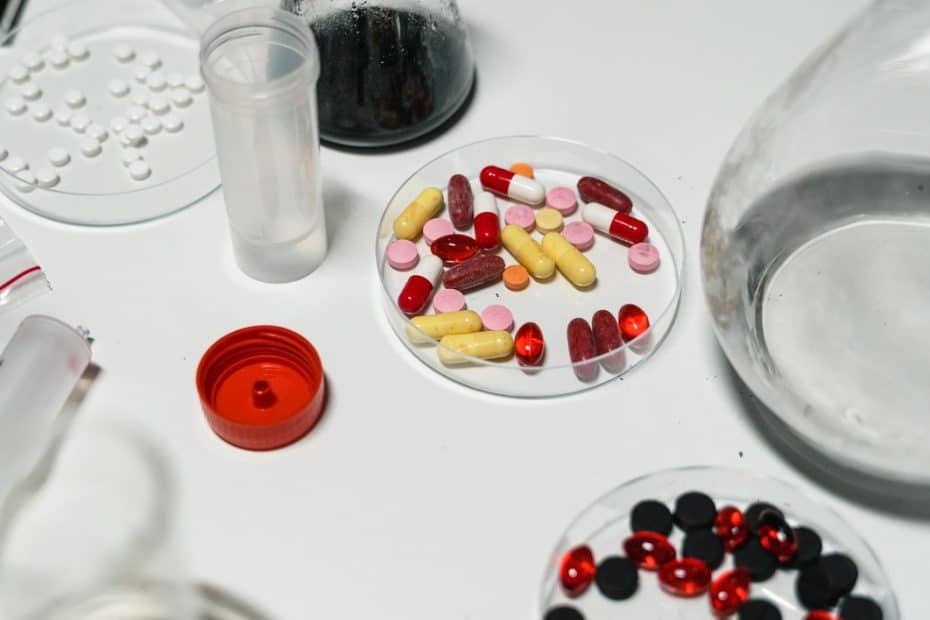Recovering from substance abuse and addiction can be a challenging and complex process. While counseling, medication-assisted treatment, and support groups are important components of addiction recovery, nutrition also plays a critical role in the recovery process. Proper nutrition is essential for repairing the body from the damages caused by substance abuse, and it can help improve overall physical and mental well-being. That is why we, at The Bardo, consider nutrition an integral part of the recovery journey.
Substance abuse can result in nutrient deficiencies and physical damage to the body, including dehydration, malnutrition, and organ damage. For instance, opioid addiction can lead to gastrointestinal problems, while alcoholism can cause liver disease. Nutrition is essential in repairing these damages and promoting recovery.
During your stay at The Bardo you will be provided with a balanced diet that includes whole foods, lean protein, healthy fats, and complex carbohydrates that will provide essential nutrients to support your recovery. You will be assessed on an individual basis by our nutritionist to determine where best to provide nutritional support. Nutrients such as B vitamins, vitamin C, magnesium, and zinc are particularly important for repairing damaged tissues and organs, reducing inflammation, and supporting brain health. Proper nutrition can also help manage the physical and emotional symptoms of addiction withdrawal. Eating foods that stabilize blood sugar levels can help reduce cravings, irritability, and fatigue. Consuming foods high in omega-3 fatty acids, such as salmon, flaxseed, and walnuts, can help alleviate anxiety and depression.
There are several scientific studies that demonstrate the positive impact of nutrition on addiction recovery. For instance, a study published in the Journal of Addiction Medicine found that individuals who received a nutrition education intervention during outpatient addiction treatment had a significant reduction in drug and alcohol cravings and improved physical and mental health compared to those who did not receive the intervention. Another study published in the Journal of Substance Abuse Treatment found that individuals with opioid addiction who received nutritional supplements, including omega-3 fatty acids and antioxidants, had a lower risk of relapse compared to those who did not receive the supplements.
It is important to note that proper nutrition is not a substitute for evidence-based treatment, but it can complement the recovery process. Working with a registered dietitian or nutritionist can help individuals in recovery develop a personalized nutrition plan that addresses their unique needs and challenges.
In conclusion, the right nutrition is essential for individuals recovering from substance abuse and addiction. A balanced diet that includes nutrient-rich foods can help repair the physical damages caused by addiction, manage withdrawal symptoms, and promote overall health and well-being. Scientific studies support the positive impact of nutrition on addiction recovery, highlighting the importance of including nutrition as part of a comprehensive recovery plan.
References:
- Smith L, Graham T, and Harrison M. “Nutritional Intervention as a Target for Managing Substance Abuse: A Review of Clinical Studies.” Journal of Addiction Medicine. 2020; 14(1): e19-e29.
- Fornaro M, Prestia D, and Colicchio S. “The Role of Nutritional Supplements in Preventing and Treating Opioid Addiction.” Journal of Substance Abuse Treatment. 2019; 96: 18-22.



